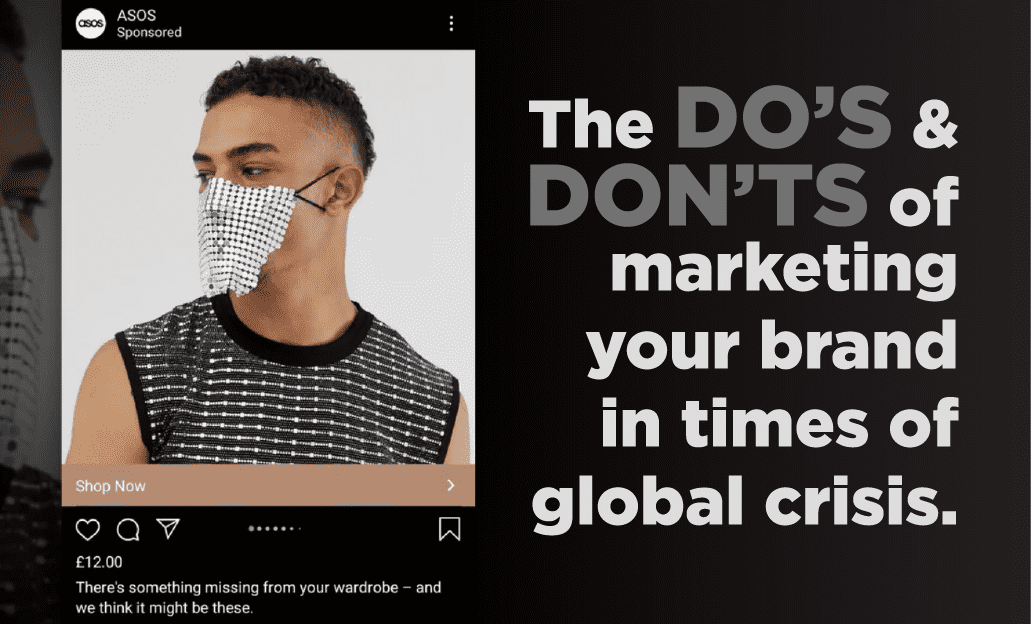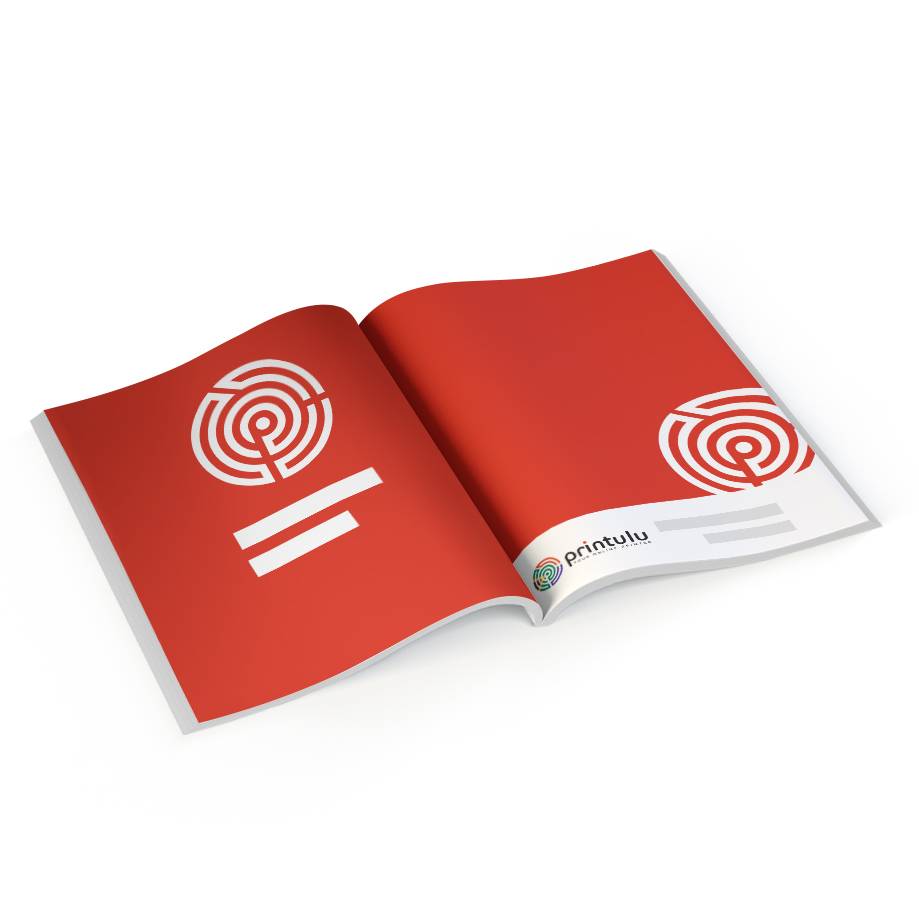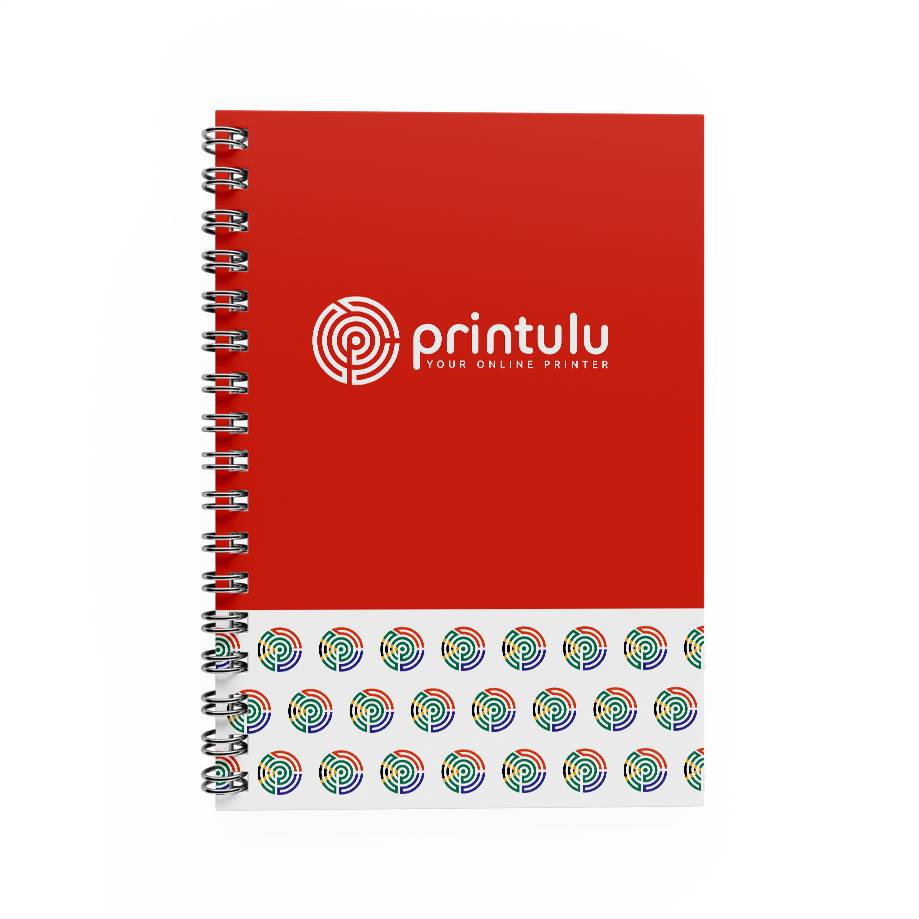On 9 March, Cadbury launched their annual Easter campaign. The campaign included a grandfather hiding easter eggs for his grandchildren.
Who could have predicted that very soon, this scenario would be dangerous, or even impossible in countries like South Africa, where everyone is under strict lockdown regulations.
Just 10 days after launching their campaign, Cadbury pulled the ad. They stated that it was “no longer appropriate” and inconsiderate of the current climate.
This highlights exactly what kind of predicament many marketers are facing today as the world adapts to the limitations put on normal, every day life. The most burning questions marketers are asking? How to advertise, what to advertise, and whether or not it makes sense to advertise at all.
The recession on steroids – why brands need to think long-term
The reaction to hunker down in crisis and protect short-term profitability is natural, and shared by most. And it’s true that consumer confidence is likely to plummet even more as Covid-19 continues to spread.
It makes absolute sense to think that if the sales aren’t coming in, you need to stop all your campaigns, stop activity on social media and cut off communication with your target audience.
But this is exactly where many brands are getting it wrong. It’s this situation that creates the opportunity to be noticed.
“This really is the time you can build great amounts of brand equity if you’re in sync with how consumers are thinking or feeling.” – Joe Staton, Growth from Knowledge
In normal circumstances, one of the biggest challenges any brand faces is to connect with their audience. Crossing the barrier of being seen as a company that sells, into a human brand built for people and what they need is becoming nearly impossible.
Right now, it’s important to be a voice of reason and reassurance. Your brand needs to be the consistent force in a sea of uncertainty. This may hurt your business’ profits in the short term.
For example, Zoom is currently giving away free video conferencing to schools, instead of capitalising on the need for remote learning. This is not profitable right now, but in the long term, this will boost their brand.
Your brand narrative is what can make or break your business.
Do people connect with you? Do they find you relevant? Are you speaking to your customers in a language that they can understand and relate to? If not, you’re out of luck.
This is why brands that can offer a real narrative now will come out on top. Companies that can offer reassurance of quality and cleanliness, that treat their staff well, companies with a holistic approach to wellbeing of customers and staff – these companies will shine.
A perfect example of this is Virgin Atlantic. In 2008, as the credit crisis hit, passenger numbers dwindled and oil prices skyrocketed. The airline’s response was to increase marketing spend and focus on brand building. They launched their 25th anniversary campaign, “Still Red Hot”.
The results were crazy. The campaign drove over 20% of the airline’s overall revenue. Compare this to other brands who went into panic mode by cutting all ad spend. These brands saw their overall market share (and overall profitability) drop in the long-term. Cutting ad spend completely now means that you run the risk of undermining your brand.
“The only sensible course for any advertiser who wants to maintain a presence through this recession – and if your business is teetering on the edge of bankruptcy you aren’t going to be able to do this – is to be putting money into long-term brand building because the role of that investment is for the recovery, not for now.” – Peter Field, author of The Long and the Short of It: Balancing Short and Long-Term Marketing Strategies
How to advertise without damaging your brand equity
What do your clients want today? It’s simple – they want help. Consumers want brands to be helpful where they can. Globally, the GlobalWebIndex survey finds that people are most in favour of brands responding to the outbreak by providing flexible payment terms (83%), offering free services (81%) and closing non-essential stores (79%).
“People will want brands to be generous, modest, self-aware, have a sense of humour and demonstrate spontaneity.” – Orlando Wood, System1’s chief innovation officer.

Coca-Cola’s Social Distancing Campaign
What does this mean in a practical sense?
- You should consider changing your brand messages to be relevant. The last thing you want to be doing now is having messages that are insensitive and lack empathy towards the situation.
- Avoid using images of crowds, groups or people touching for this current period, just so that your brand is sensitive to current situations.
- If your brand has presence in the online space that uses contextual targeting, you should “negative match” anything that has something to do with the current pandemic. There is a saying, “Leave if you’re not here to help me!”. Keep this in mind when setting your targeting.
Invest in your existing customers
When the economy looks bleak, and everything seems uncertain, marketing is nearly always the first budget to be severely cut. It often feels like a nice-to-have, not a necessity.
However, according to Forbes, multiple studies prove that maintaining marketing spend to some extent during economic crises is beneficial. It puts brands in an excellent position once things improve. And remember – things will improve.
This Forbes article explains that it can cost your business up to 5 times more to win new clients than to simply work on retaining your existing client base.
How do you retain and leverage your current customers? Your messaging to these customers should change. Instead of trying to get more out of them, focus on how you can add even more value to their experience with you.
How can they get more out of what they’re already buying from you? How can you show them support?
In conclusion
Relevant messaging that showcases a genuine willingness to help will stand out in a market that is quieter. At the end of the day, now is the time to make that leap instead of holding back.
This will ultimately set your business up to take the lead once your customers start to recover from this situation. The more businesses that can try to continue operating, the less all our lives will be affected by the COVID-19 pandemic in the longer term.
Marketing, now more than ever, can be a force for good – it’s a critical part of keeping people in jobs and communities in good spirit.
“The same boiling water that softens the potato hardens the egg. It’s about what you’re made of, not the circumstances.” – Mel Robbins






